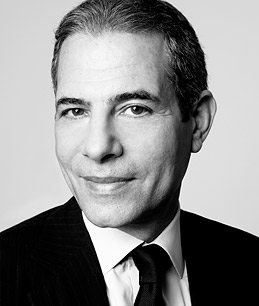
To some, the very idea of optimism seems peculiarly American. In fact, the concept was German, the word was French, and the trait precedes nations altogether: it is baked into our DNA. I’d argue–as Tali Sharot does in her enlightening cover story and her book from which it was adapted–that optimism is an evolutionary trait, that it helped our ancestors strive and survive. Optimism is in part a self-fulfilling prophecy: it allows us to attempt things we might not otherwise try and to imagine ourselves succeeding. At the same time, it is, as Tali puts it, a cognitive illusion–the Great Deception–that can prevent us from anticipating the negative outcomes that lie ahead. We see the world not as it is but as we’d like it to be. That’s not always the best recipe for dealing with reality. But if you read her story, you’ll get a better grip on how we function in it. I’m optimistic about that. The day after editor at large David Von Drehle returned to his home in Kansas City, Mo., from reporting on the catastrophic situation in Joplin, Mo., we got an e-mail from him that read, “Tornado sirens sounding here–headed straight toward us.” Fortunately, the storm passed him by. David would not want you to compare his situation to that of the people of Joplin, whom he writes about with great empathy. He has been doing justice–and bringing poetry–to disasters for a long time: he won the American Society of News Editors’ Distinguished Writing Award for deadline writing for his story from the eye of Hurricane Hugo in 1989. His piece this week wraps up history, science and the plight of those whose lives are upended by random forces of nature. Richard Stengel, MANAGING EDITOR